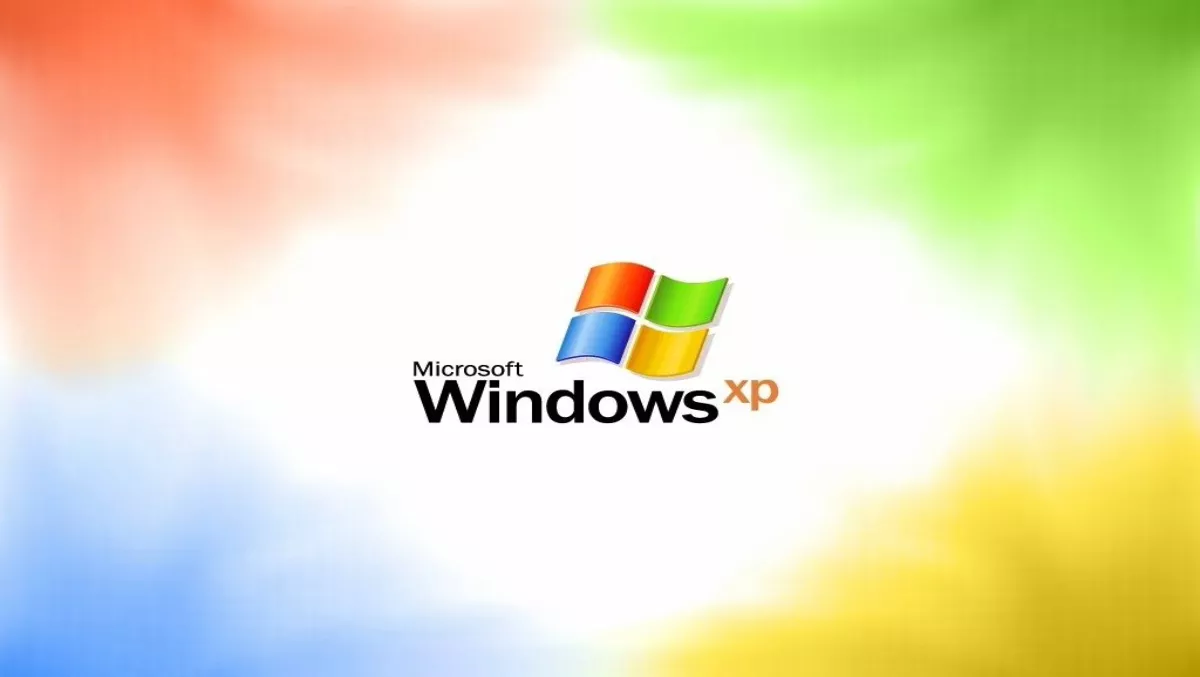
Microsoft has announced it will end support for Windows XP in a year, but the news could leave a host of New Zealand businesses open to risk.
Support for the 11-year-old operating system ends of April 8, 2014, but with the 12-month countdown now underway, businesses still using XP could face vulnerabilities and security risks.
Making up almost 14% of operating systems on computers across the country, Microsoft's decision could hamper as many as half a million PCs nationwide.
Microsoft New Zealand managing director, Paul Muckleston, said that while Windows XP was one of the most popular operating systems in Microsoft’s history, it was not designed to handle today’s computing environment, or cope with advanced cyber-attacks and the challenges of maintaining data privacy, unlike newer operating systems such as Windows 7 and 8.
“By far, the security risk is the most concerning for customers as there are more sophisticated forms of attack which can impact safety of personal information and cause business disruption and extra costs," he said.
"Technology moves rapidly, and if we compare this to using an 11 year old mobile phone or camera then it puts it into stark context – these are considered relics.
"However, the risks and consequences of using an unsupported operating system are significantly greater than these two examples.
“XP is three generations behind Microsoft’s most modern operating system so continuing to use PCs with XP is similar to driving a car without a seat belt or a motorbike without a helmet.
"The risks are real and the only way businesses and consumers can protect themselves is to upgrade.”
The end-of-support means Microsoft will no longer provide automatic fixes, updates, or online technical assistance for Windows XP.
Windows, 27 years old as of last year, will also stop providing security updates that help protect PCs from harmful viruses, spyware, and other malicious software that can steal personal information.
Migrating:
Many New Zealand businesses including PlaceMakers have already migrated away from Windows XP to ensure business continuity and reduce security risks., with the company recently migrating 1,200 desktops from Windows XP to Windows 7 within six weeks.
IT manager at PlaceMakers, Chris Marra, said the migration away from XP onto Windows 7 caused little disruption.
“For most employees the migration was overnight - they left the office on XP and came back to Windows 7," he said.
A white paper developed by International Data Corporation (IDC) highlighted the need for businesses and consumers to upgrade from Windows XP.
It was reported that Windows XP is no longer fit to meet increasing technological requirements of PCs today such as integrated WiFi and Bluetooth, faster USB ports, and high-resolution monitors and touchscreen capabilities.
NZICT CEO, Candace Kinser, has also highlighted the importance of businesses understanding the implications of not migrating from Windows XP.
“Microsoft has made significant progress in improving security over the last 10 years through the Trustworthy Computing initiative," she said.
"Businesses should consider the vulnerability of their data, and the risks associated with continuing to run an out of date, and soon to be unsupported operating system.”
Findings from Microsoft’s Security Intelligence Report, Volume 13, released in June 2012, reported that Windows XP with Service Pack 3 is three times more vulnerable than Windows 7 Service Pack 1.
In addition to the severe security issues, continued use of XP poses additional threats including compliance issues such as encryption, hashing, and signing, while more than 60%[ii] of independent software vendors and modern browsers no longer support XP.
To support the migration away from XP, Microsoft has announced the Windows Upgrade Centre website where businesses can get more information about this issue, learn from analysts and other customers in the region.
Does your company use Windows XP? Will it migrate away soon? Tell us your thoughts below